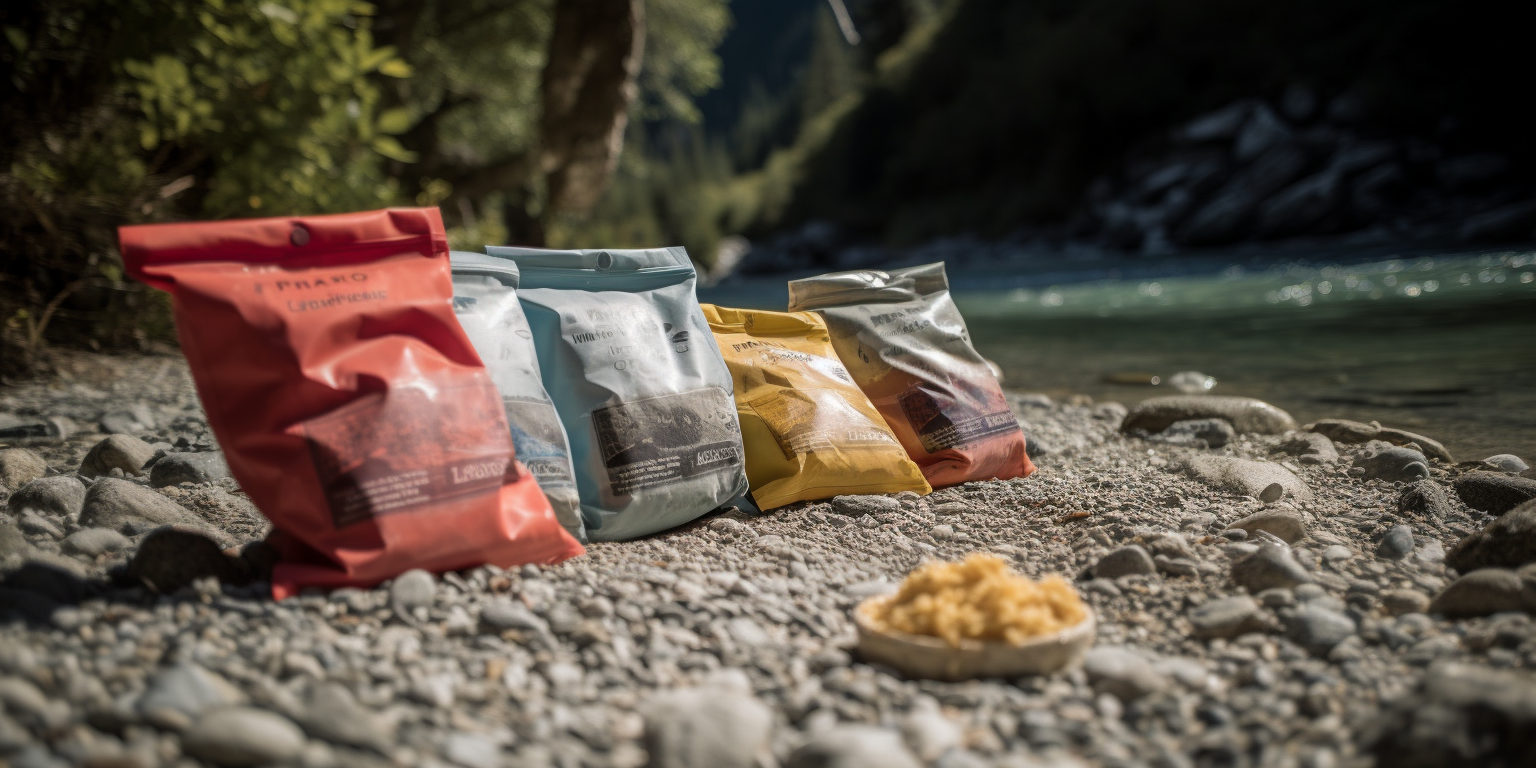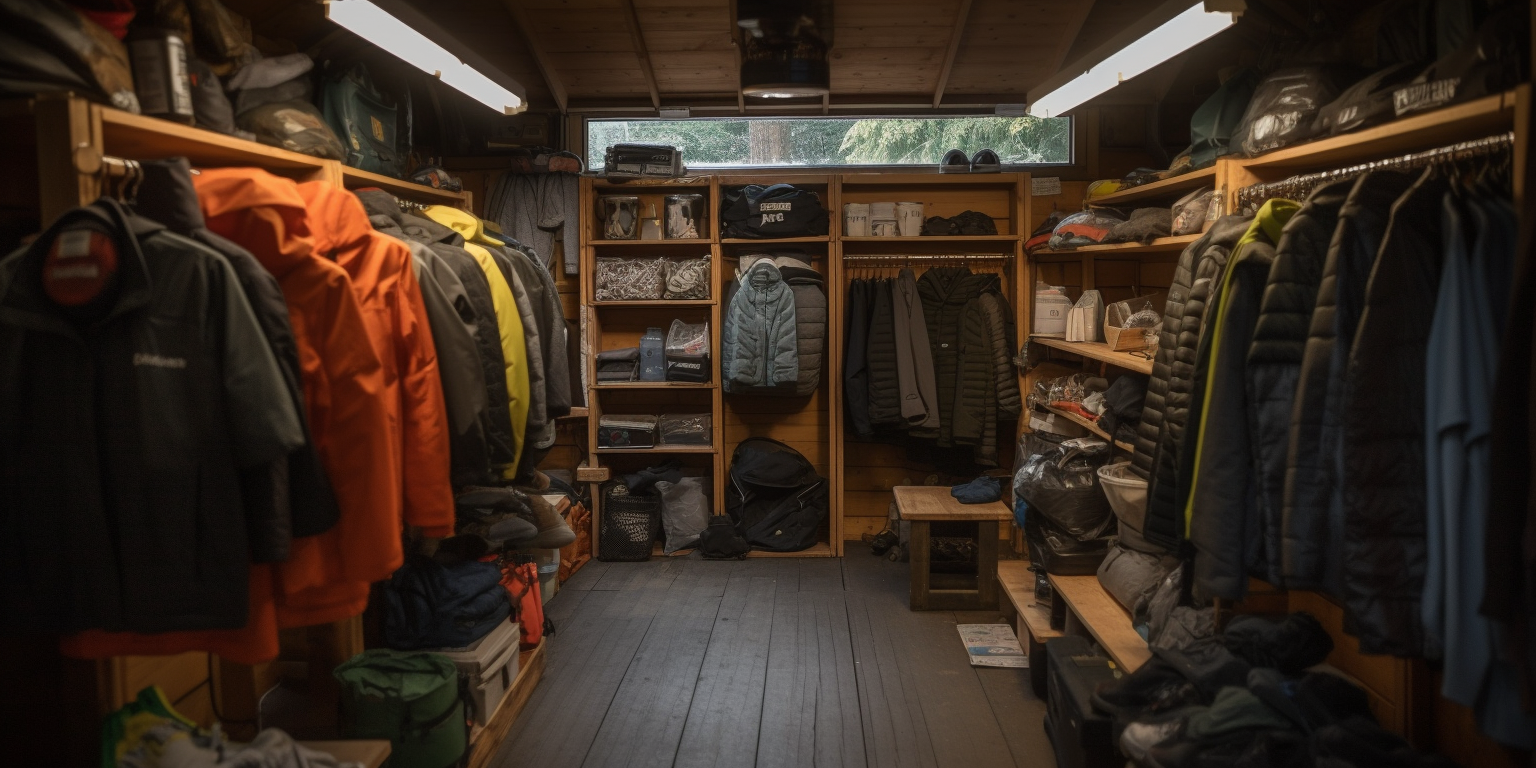
Emergency Food for Travellers: How to Pack and Prepare for Emergencies on the Road
Emergency Food for Travellers: How to Pack and Prepare for Emergencies on the Road
Unexpected events can occur at any time, even during well-planned trips. Whether you're exploring the scenic coastlines of Cornwall or traversing the picturesque landscapes of the Scottish Highlands, it's essential to be prepared for emergencies, including having a well-stocked supply of food. In this article, we'll discuss how UK travellers can pack and prepare for emergencies on the road with essential tips and strategies for building an emergency food supply.
- Plan for the unexpected
When travelling, it's crucial to prepare for the unexpected. According to the RAC, there were 11.5 million breakdowns in the UK between 2018 and 2019, highlighting the importance of being ready for unforeseen events. Ensure that you have an emergency food supply that lasts for at least 72 hours to cover any unexpected delays, breakdowns, or natural disasters.
- Focus on non-perishable food items
Opt for non-perishable foods that have a long shelf life and can withstand various storage conditions. Some examples of non-perishable items suitable for emergency food supplies include:
- Canned foods: Vegetables, fruits, beans, and fish.
- Dried foods: Pasta, rice, and oats.
- Ready-to-eat meals: Pre-packaged meals that require minimal preparation.
- Snacks: Granola bars, nuts, and dried fruit.
- Prioritise nutrient-dense foods
Choose nutrient-dense foods that provide essential vitamins, minerals, and energy to keep you going during an emergency. Focus on whole grains, lean proteins, and healthy fats to maintain energy levels and support overall health.
- Pack a portable stove and cooking equipment
In the event of an emergency, having access to a portable stove and basic cooking equipment can make meal preparation much easier. Consider packing a lightweight camping stove, a small pot, and utensils to help you prepare your emergency food.
- Include a manual can opener and utensils
Don't forget to pack a manual can opener and utensils to help you open and consume your emergency food items. Ensure that you have a spare can opener in case one gets lost or damaged.
- Account for special dietary needs
If you or your travel companions have special dietary needs, such as gluten-free or vegan options, ensure that these requirements are met in your emergency food supply. Consider any food allergies or intolerances and pack appropriate alternatives.
- Store emergency food in airtight containers
To maximise the shelf life and quality of your emergency food supply, store items in airtight containers. This will protect the food from moisture, pests, and potential damage during transport.
- Rotate and replenish your emergency food supply
Keep track of expiration dates and rotate your emergency food supply as needed to maintain freshness and safety. Replenish any consumed items to ensure you always have a sufficient supply on hand.
- Stay hydrated
Proper hydration is crucial during emergencies, so make sure you have enough water on hand for all travellers. The European Food Safety Authority (EFSA) recommends a daily water intake of 2.0 litres for women and 2.5 litres for men. Remember to account for additional water needs if you plan on using dehydrated or freeze-dried food items.
- Prepare a basic first aid kit
In addition to your emergency food supply, pack a basic first aid kit to address any minor injuries or health concerns that may arise during your travels. Include essentials such as plasters, antiseptic wipes, pain relievers, and any necessary prescription medications.
Conclusion
Being prepared for emergencies on the road is crucial for the safety and wellbeing of UK travellers. By following these tips and strategies, you can ensure that you have a well-stocked emergency food supply that caters to your specific needs and preferences. With proper planning and preparation, you can have peace of mind during your travels, knowing that you're equipped to handle any unforeseen events that may come your way. So, as you embark on your next UK adventure, remember to pack smart and prepare for the unexpected to make the most of your journey.
Suggested Articles
Keep Calm and Paddle On: Emergency Food Supply for Water-Based Expeditions in the UK
Your guide to staying nourished and prepared for unexpected situations on your kayaking, canoeing, and rafting advent...
The Science of Staying Warm: Choosing the Right Clothing and Gear for Cold-Weather Expeditions
Cold-weather expeditions can be exhilarating and rewarding, but they also require careful planning and the right clot...
The Ultimate UK Expedition Checklist: Essential Gear for Every British Adventure
The UK, with its diverse landscapes and ever-changing weather conditions, offers a wide array of outdoor adventures. ...




